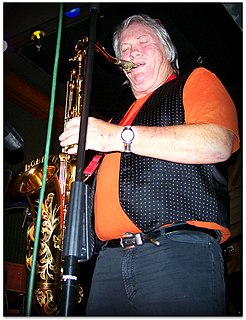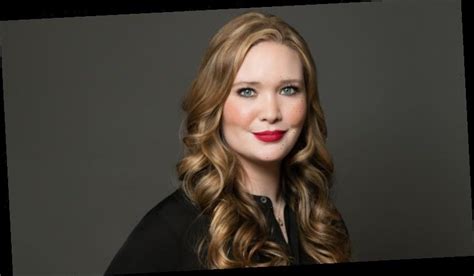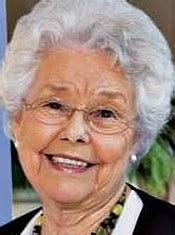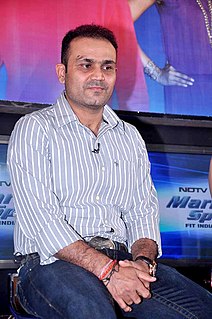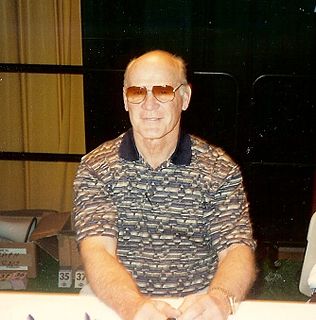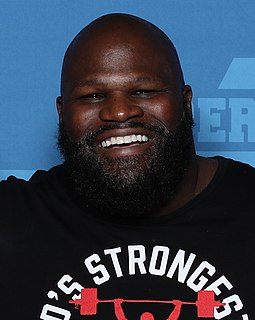A Quote by Helen Hayes
The theatre demanded of its members stamina, good digestion, the ability to adjust, and a strong sense of humor. There was no discomfort an actor didn't learn to endure. To survive, we had to be horses and we were.
Related Quotes
Being an actor in TV or movies is different. A film or TV actor, if put in theatre, won't know certain dimensions, while a theatre actor won't know certain things when he comes before the camera. So I think a film actor can learn emoting from this theatre counterpart, while the theatre actor can learn about camera techniques from the film actor.
I had a client who just wanted to entertain me the whole time, that is a defense against going deep, in my mind. What happens when the jokester is not allowed to deflect with humor? You then have to feel the pain, and learn that you can survive it. It makes you more resilient and stronger in the long run, and your sense of humor will always be there. Being able to see the funny is deep.
Horses in the Book of Mormon would be another. You have relatively few mentions of horses, but there are some, and we don't know exactly how they were used; they don't seem to be all that common. Were they horses as we understood them, [or] does the term describe some other animal? Languages don't always and cultures don't always classify things the way we would expect. We have what we call common-sense ways of doing it. They're not common sense; they're just ours. But again, we don't have a strong case there. We're just problem solving there.
God has a tremendous sense of humor! Religion remains something dead without a sense of humor as a foundation to it. God would not have been able to create the world if he had no sense of humor. God is not serious at all. Seriousness is a state of disease; humor is health. Love, laughter, life, they are aspects of the same energy.
I didn't particularly aim to be a Shakespeare actor, but I suppose I had a certain gift or it; I certainly got offered lots of it. I liked Complicite and Shared Experience and Kick Theatre, and all the small theatre companies that were getting going. I wanted to be like that, making original theatre.
I hadn't studied theatre and I hadn't studied actor training or anything, but I did have a sense of movement and composition, and what the final product would be like, but luckily I had friends who were good actors, who would help me get them, who would get themselves to the place where a good director should get them to build characters.
I absolutely cannot see how one can later make up for having failed to go to a good school at the proper time. For this is what distinguishes the hard school as a good school from all others: that much is demanded; and sternly demanded; that the good, even the exceptional, is demanded as the norm; that praise is rare, that indulgence is nonexistent; that blame is apportioned sharply, objectively, without regard for talent or antecedents. What does one learn in a hard school? Obeying and commanding.



